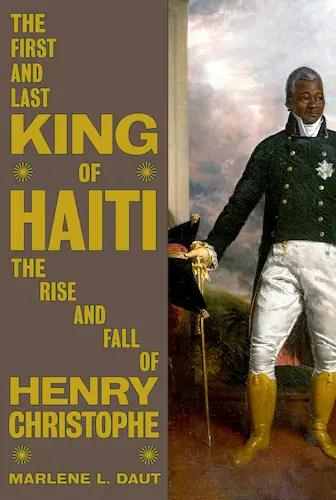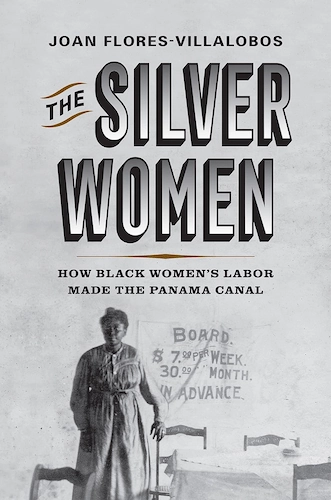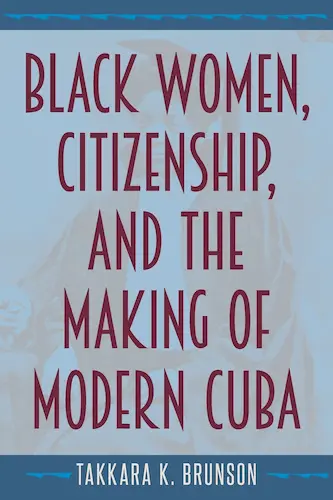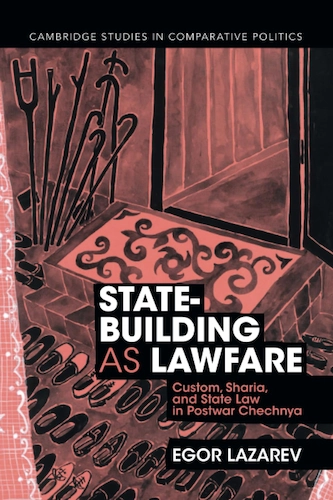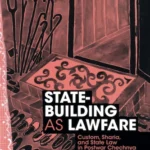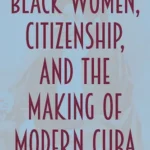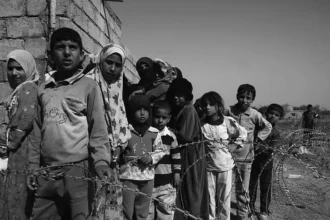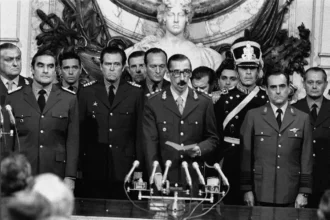Deniz Yonucu’s Police, Provocation, Politics: Counterinsurgency in Istanbul (Cornell University Press, 2022) presents an incisive ethnographic study of state policing and counterinsurgency tactics within Istanbul’s predominantly Alevi working-class neighborhoods. This groundbreaking work, informed by over four years of field research, has earned the 2023 Anthony Leeds Prize, highlighting its profound contributions to understanding urban surveillance, resistance, and the militarization of public space.
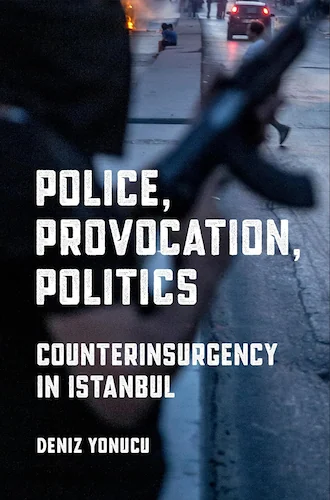
Yonucu examines how Turkish state security forces have historically targeted neighborhoods like Devrimova, turning them into sites of continuous surveillance, counterinsurgency, and conflict. Drawing on Jacques Rancière’s theoretical framework distinguishing “police” from “politics,” she argues that the state’s policing extends beyond maintaining order to actively generating disorder. This strategy, which Yonucu terms “provocative counterorganization,” involves fostering divisions within dissident communities, manipulating ethnosectarian tensions, and criminalizing political activism to fragment solidarity and suppress resistance.
The book explores the evolution of vigilantism within these neighborhoods. Initially emerging as community-led, unarmed efforts to combat petty crime and drug-related issues neglected by state authorities, vigilantism gradually transformed under state pressure. The broad application of anti-terror laws and the targeted repression of community organizers catalyzed a shift towards more militarized and masculinist forms of local justice. Yonucu highlights how this transformation mirrors state tactics designed to delegitimize genuine political activism by pushing it towards violent extremes.
Yonucu also examines the gendered dimensions of resistance and policing. Despite the hyper-masculine environment fostered by both state repression and revolutionary groups, Alevi women have carved out spaces of political agency. Through people’s committees and grassroots activism, they challenge patriarchal norms, bringing issues like domestic violence and gender inequality into public discourse—acts of “de facto feminist politics” that resist both state and societal oppression.
Police, Provocation, Politics is a vital contribution to the anthropology of violence, surveillance studies, and Middle Eastern politics. By situating Turkey’s internal security practices within global counterinsurgency strategies, Yonucu provides a nuanced understanding of how states maintain power through both overt repression and covert manipulation. This book is essential for scholars of political science, urban studies, and human rights, offering a compelling lens through which to view the complex interplay between state power and grassroots resistance. For those seeking a critical analysis of state repression and counterinsurgency in urban Turkey, the book is available here.


